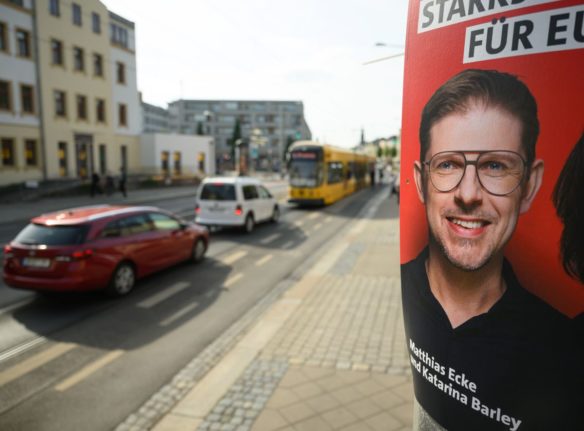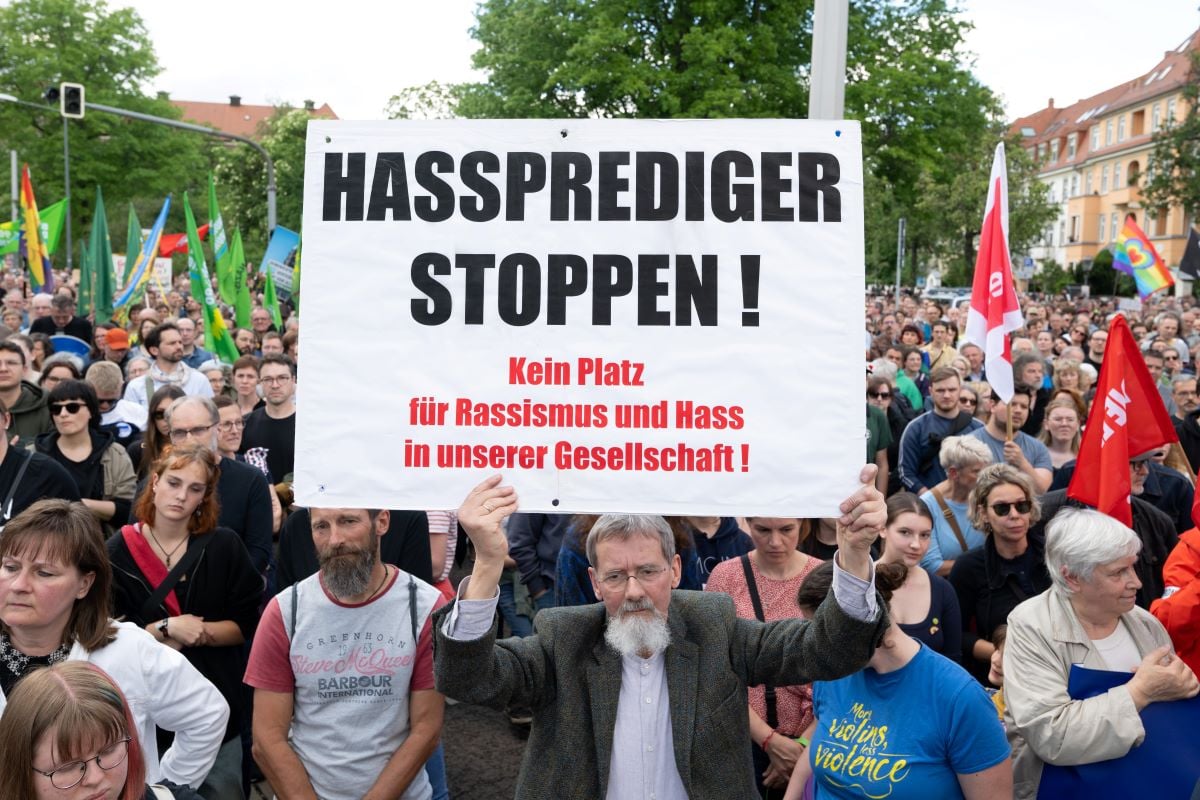The corruption watchdog said there was still work to be done despite moving the country up two spots to the 14th least corrupt country on the list of 180, leaving it squarely in the middle of Western European countries.
“The sparks of corruption prevention must spread to the middle class,” head of the TI’s German chapter Sylvia Schenk said in a statement on Tuesday. “Whoever thinks that morality is separable put his business at risk and sends a ruinous signal to his personnel. The awareness of personal responsibility must increase.”
The group said the world’s view of Germany has been damaged by the country’s unwillingness to ratify UN initiatives against corruption, Schenk said. Mid-level companies are also hesitant to engage in anti-corruption strategies, she added.
Denmark, Sweden and New Zealand topped the list with the lowest rates of corrupt activities like cronyism and embezzlement, the graft watchdog said. Meanwhile Iraq, Myanmar and Somalia were rated the world’s most crooked countries. The index is based on how business people and country analysts perceive the level of corruption in their countries.
“In the poorest countries, corruption levels can mean the difference between life and death, when money for hospitals or clean water is in play,” TI said.
Britain, Bulgaria, Burundi, the Maldives and Norway saw a significant deterioration, while substantial progress was noted in Albania, Cyprus, Georgia, Mauritius, Nigeria, Oman, Qatar, South Korea, Tonga and Turkey. The United States came joint 18th, level with Japan. China was 72nd, Russia 147th, Germany 14th, France 23rd and Britain 16th. India was ranked 85th.
Transparency International is a global NGO that fights corruption from more than 90 locally established national chapters.




 Please whitelist us to continue reading.
Please whitelist us to continue reading.